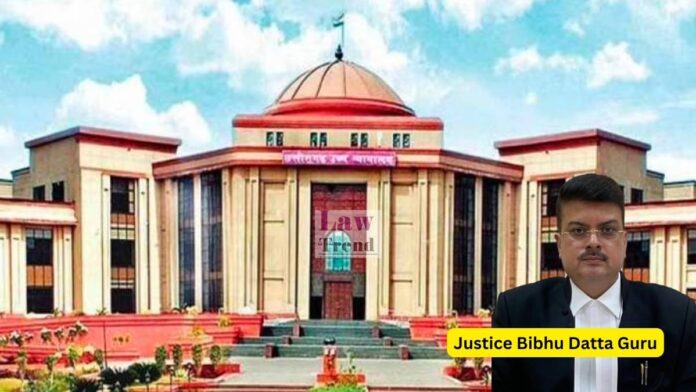The Chhattisgarh High Court dismissed a writ petition filed by Aivaj Dewangan (WPC No. 6450 of 2024), challenging the exemption of municipal taxes granted to industries within the limits of the Beergaon Municipal Corporation. Justice Bibhu Datta Guru, presiding over the case, ruled the petition as non-maintainable, emphasizing the petitioner’s lack of locus standi and
To Read More Please Subscribe to VIP Membership for Unlimited Access to All the Articles, Download Available Copies of Judgments/Order, Acess to Central/State Bare Acts, Advertisement Free Content, Access to More than 4000 Legal Drafts( Readymade Editable Formats of Suits, Petitions, Writs, Legal Notices, Divorce Petitions, 138 Notices, Bail Applications etc.) in Hindi and English.




